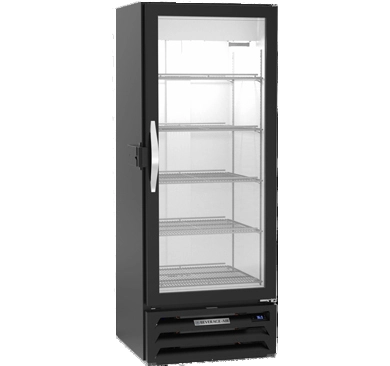
Silk screen printing on glass is a decorative process that involves applying a design, pattern, or image to glass surfaces using a silk screen and specialized inks.To be specific, this unique glass is crafted by applying a ceramic frit, which consists of finely ground glass particles mixed with pigments, onto the glass surface. The frit is then permanently fused to the glass through a high-temperature firing process, ensuring its adhesion and durability. This technique allows for the creation of visually appealing and customized glass products, such as decorative glass panels, glass partitions, shower doors, and more. Often performed by a specialized glass printing company, this process is frequently used to create custom architectural glass for unique building designs and interior applications.
For bulk silk screen glass with best price, contact us now!
Color bank |
|
Glass available on | clear, tinted, reflective, lowe, patterned etc; |
Glass size | minimal 300x300mm - 3000 x 6000mm; |
Glass thickness | 2mm - 19mm; |
| MOQ order, 200 sqm; | |
1. Design Preparation: The first step is to create or obtain the desired design that will be printed on the glass. This design is typically created digitally or on a transparent film.
2. Screen Preparation: A mesh screen is coated with a light-sensitive emulsion, and the prepared design is then transferred onto the screen. The areas where ink should pass through are left open, while non-printing areas are blocked.
3. Exposure and Developing: The screen is exposed to light, and the emulsion hardens in the exposed areas. The unexposed areas remain water-soluble. After exposure, the screen is washed, revealing the design in the mesh.
4. Printing: The glass is placed on a flat surface, and the prepared screen is positioned over it. Ink is then applied to the screen, and a squeegee is used to push the ink through the open areas of the mesh onto the glass. This process is repeated for each color in the design.
5. Drying: After printing, the glass is allowed to dry. The drying process may be natural or accelerated using heat or other drying methods.
6. Curing: To ensure the durability of the printed design, the glass is often subjected to a curing process. This process may involve exposing the glass to heat to set the ink and make it more resistant to wear, scratching, and environmental factors.
7. Quality Inspection: The final printed glass is inspected for quality, ensuring that the design is accurately transferred, colors are vibrant, and the glass meets the desired specifications. Evergreen silk screen printing glass use environmental ink and color fresh.
1. Customization: It allows for the creation of intricate and customized designs, including logos, patterns, or detailed images.
2. Versatility: Silk screen printing can be applied to various types of glass, including clear, tinted, or textured glass.
3. Durability: The cured ink provides durability and resistance to wear, ensuring that the printed design remains intact over time.
4. Aesthetics: It enhances the visual appeal of glass surfaces, making them suitable for both functional and decorative applications.
This technique is widely used in the production of architectural glass, interior design elements, signage, and various other applications where decorative and customized glass is desired.
Pls contact us if you have any inquire or questions, thank you.
No.12111, JINGSHI ROAD, LIXIA DIST, JINAN CITY, SHANDONG PROVINCE, CHINA